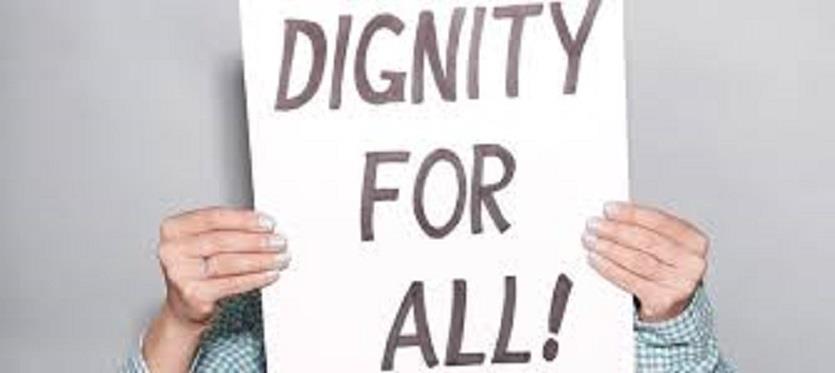
Stigma Of Period Poverty
Representational photo
By Syed Nabil Ahsan
Before we define period poverty, it is important to unearth the flaws which are rooted deep within the patriarchal society. The stigmatised society has enclosed the women, young girls, and non-binary individuals in a societal prison, in front of the sneering faces of financial pressure, cultural shame, and poor hygiene accessibility.
Menstruation is the normal vaginal bleeding where the uterus sheds its monthly build-up of tissue lining. Menstruation is a natural cycle triggered by hormonal changes and continues from a woman's/girl's first stage of puberty until the end of their fertility.
ADVERTISEMENTThis is tinted with stains of cultural shame, where menstruating individuals are deemed as“impure” or“dirty”, thus casting a shadow of taboo which has etched itself into society's walls.
This cultural shame has led to heightened problems for women and girls in society. In the face of cultural shame, women and girls are deprived of basic hygiene needs and are unable to even purchase sanitary pads.
As the“pink tax” lurks in-between menstrual hygiene products, period poverty is born. Moreover, menstruating young girls who have reached the first stage of puberty have inadequate knowledge about managing their periods with care and, most importantly, with dignity.
However, companies which have labelled women and girls through the colour“pink” through the pink tax have made it financially distressing for menstruating individuals to afford their basic human needs. Even though many countries have banned the pink tax and many families cannot afford menstrual products and use old clothing, according to Unicef.
In India, only 12% have access to sanitary products, leaving the rest to use unsafe materials like rags and sawdust as an alternative. The price is increasingly making the population living in poverty, especially in developing countries, vulnerable.
For example, menstruating young girls are deemed as“eligible” for marriage, resulting in child marriages. Due to the lack of adequate sex education, most people are not comfortable talking about periods. As a result, the taboo embracing it hugs this issue tighter.
Period poverty also follows when a poverty-stricken household cannot afford sanitary pads and instead has to use alternatives. The price labels have only made the companies richer and the poor - poorer.

Legal Disclaimer:
MENAFN provides the
information “as is” without warranty of any kind. We do not accept
any responsibility or liability for the accuracy, content, images,
videos, licenses, completeness, legality, or reliability of the information
contained in this article. If you have any complaints or copyright
issues related to this article, kindly contact the provider above.
Most popular stories
Market Research
- Thinkmarkets Adds Synthetic Indices To Its Product Offering
- Ethereum Startup Agoralend Opens Fresh Fundraise After Oversubscribed $300,000 Round.
- KOR Closes Series B Funding To Accelerate Global Growth
- Wise Wolves Corporation Launches Unified Brand To Power The Next Era Of Cross-Border Finance
- Lombard And Story Partner To Revolutionize Creator Economy Via Bitcoin-Backed Infrastructure
- FBS AI Assistant Helps Traders Skip Market Noise And Focus On Strategy




















Comments
No comment